Most of the people having psoriasis have heard that omega 3 fatty acids are good for psoriasis. The National Psoriasis Foundation do acknowledge the benefits of omega 3 fatty acids for psoriasis. It says that Omega 3 fatty acids can help in reducing the skin inflammation and improve the body immunity. In a small study conducted on obese people having psoriasis, a diet rich in omega 3 fatty acids and less in calories helped in relieving psoriasis symptoms.
A study conducted by The National Center for Biotechnology Information covering 30 patients results that Omega 3 fatty acids significantly relieve psoriasis symptoms.
Omega 3 fatty acids are helpful in reducing this skin inflammation considerably. Apart from psoriasis, omega 3 fatty acids are useful for a number of autoimmune and inflammatory diseases like:
- Atopic dermatitis (also known as atopic eczema)
- Crohn’s disease (bowel inflammation)
- Rheumatoid arthritis (inflammation in joints)
- Ulcerative colitis (colon inflammation)
What are omega 3 fatty acids
Omega 3 fatty acids one of the most popular and talked about fats these days. Due to increasing health concerns, more and more people are curious to know about the health benefits of omega 3 fatty acids. These are called as “healthy fats”. Omega 3 fatty acids are polyunsaturated fatty acids (PUFA). Omega 3 fatty acids are known as essential fatty acids because your body can’t produce them and you need to take these nutrients from the food (and supplements) that you consume. Omega 3 fatty acids perform a number of body functions- building of healthy body cells, maintaining optimum nerve and brain functions. Omega 3s help in lowering cholesterol levels and inflammation also.
Types of Omega 3 fatty acids
Mainly, there are three common types of omega 3 fatty acids which are important for your body:
- Alpha-linolenic acid (ALA)
- EPA (eicosapentaenoic acid)
- DHA (docosahexaenoic acid)
Alpha-linolenic acid (ALA)
ALA is one of the simplest form of omega 3 and you can get ALA from most of the commonly eaten foods (plants and animals). Hence, getting adequate quantity of ALA is not a problem. It is interesting to note that ALA has the capacity of transforming into EPA and DHA. Hence, if your body metabolism is working fine, then consuming foods that contain ALA in abundant can help in getting EPA and DHA also. Out of all the ALA that your food gives you, 85% is used by your body to produce energy for body cells and remaining 15% is transformed to EPA and DHA.
A short list of foods rich in ALA:
Food Quantity ALA
- Raw Flaxseeds 1 tsp 2.6 grams
- Flaxseed oil 1 tsp 8.0 grams
- Soybean oil 1 tsp 1.0 grams
- Soybean cooked 1 cup 1.1 grams
- Walnuts 1 ounce 2.7 grams
Other sources of ALA
- Avocados
- Mustard seeds
- Vegetables like spinach, kale, green beans, brussels sprouts, lettuce
- Fishes like tuna, shrimp, salmon, halibut
- Animal foods like beef and egg also contains small traces of ALA. Similarly, various cereal based foods and vegetables contain ALA in small quantities.
EPA (eicosapentaenoic acid)
EPA is a complex omega 3 fatty acid having 5 double bonds. The most important benefit of EPA is – it takes care of various inflammatory diseases that attack your body. EPA helps in reducing the inflammation attacks on your body by developing prostaglandins which work for reducing the inflammation.
DHA (docosahexaenoic acid)
DHA is a complex omega 3 fatty acid having 6 double bonds. The most important benefit of DHA is – it helps in proper functioning of brain and nervous system. DHA constitutes around 9 to 12 percent of total brain’s weight. Any drop in DHA level in your brain can result in serious health issues like Parkinson’s disease, cognitive imbalance.
Foods rich in EPA and DHA
Health benefits of EPA and DHA are more superior than ALA. Various varieties of Fish, particularly the cold water fishes like salmon, cod, sardines are the best sources of EPA and DHA. 100 grams of these fishes can give you 2 to 4 grams of omega 3 fatty acids. Animal meats like cow and chicken are also good sources of omega 3s. Milk, eggs and olive oil are also a good source of omega 3s.
US department of Agriculture advises not to eat those varieties of fishes which can have high contents of mercury like swordfish, shark, tilefish.
Note: ALA and EPA are found in both- animal foods and plant foods, but DHA is found only in animal foods.
Benefits of Omega 3 fatty acids for Psoriasis
As we all know, Psoriasis is an autoimmune disorder where our faulty immune system causes rapid growth of skin cells to produce thick psoriasis patches on various parts of your body. These silvery white or reddish skin patches are characterized by extreme skin dryness and inflammation. This state of continuous itching and inflammation can really make it a painful experience for all of us.
Benefits of omega 3 fatty acids for psoriasis are:
- Omega 3 fatty acids help in reducing the inflammation. After entering the bloodstream, they lubricate body cells to lower down the inflammation.Omega 3s not only reduce inflammation, but it reduce the cause of inflammation also.
- Omega 3 fatty acids- EPA and DHA- assist in repair of intestinal cell walls to heal leaky gut.
- Omega 3s help in reducing depression symptoms by minimizing mood swings. DHA is very vital for brain and nerve functioning.
- Omega 3s help in relieving psoriasis arthritis by reducing joint pains and stiffness. Fish oil supplements (rich in EPA and DHA) help in reducing joint pain, stiffness and inflammation.
- Omega 3s can accelerate the process of weight loss when clubbed with regular physical exercise. Reduction in obesity can help in controlling psoriasis.
Omega 3 fatty acid supplements
Apart from taking foods rich in omega 3 fats, people having psoriasis are advised to take omega 3 fatty acid supplements to have relatively faster improvement in their skin condition. Most of these supplements are fish oil based or flaxseed oil based.
The World Health Organization recommends around 300-500 mg of EPA and DHA for a healthy adult. In case of Psoriasis, a compromised digestive system, leaky gut and food sensitivity makes us deficient in all nutrients including omega 3. Hence, we should consume no less than 500 mg of EPA and DHA on a daily basis during the treatment regimen.
Recommended daily dosage (EPA + DHA) is at least 500 mg. You can make it upto 1000 mg for better results. The best idea would be- try 1000 mg of combined (EPA+DHA) for two months and see the results. After that, you can reduce it to a standard dosage of anything between 500-700 mg per day.
Not to forget, always buy a good quality omega 3 supplement of a trusted brand and do check the EPA and DHA content per capsule.
Fish oil vs Flaxseed oil
Fish oil and flaxseed oil- both are regarded as good source of omega 3 fats. But, as far as psoriasis or any other inflammatory aut0-immune disorder is concerned, fish oil is a better option than flaxseed oil for two main reasons:
- Flaxseed (and flaxseed oil) provides ALA only. It doesn’t provide EPA and DHA. Although 10 to 15% of ALA (present in flaxseed oil) can be transformed into EPA and DHA. On the other hand, fish (and fish oil) provides all the 3 types of essential omega 3 fatty acids. Hence, clearly, fish oil is a better option than flaxseed oil. Do remember that the health benefits of EPA and DHA are superior than ALA.
- Flaxseed oil does provide a significant quantity of omega 6 fatty acids also along with omega 3. Omega 6 is a pro inflammatory- it means that it increases inflammation. Hence, taking only vegetarian source of omega 3 (like flaxseed oil) can increase the concentration of omega 6 also in your body which is not good. On the other hand, fish oil only provides omega 3, it doesn’t provide any omega 6 fatty acids.
All said and done, fish oil is way ahead of flaxseed oil in terms of EPA and DHA. But, flaxseeds have their own other benefits also- body detox, relieves constipation and it is purely vegetarian.
Dietary fiber content in flaxseeds powder (not oil) is a big advantage. Hence, if you are a strict vegetarian, then flaxseeds not only provides you omega 3 in the form of ALA which can provide some EPA and DHA (after conversion), but help in body detox also. Prefer flaxseeds powder over oil. Oil doesn’t contain dietary fibers.
Read more: Flaxseeds for Psoriasis
Fish oil vs Cod liver oil
Sometimes, people get confused between fish oil and cod liver oil.
Fish oil is extracted from the flesh of deep sea fish varieties like tuna, cod and sardine. It has a good amount of EPA and DHA. But, no vitamins.
Cod liver oil is extracted from the liver of cod fish. It has less EPA and DHA as compared to fish oil- about 60% less EPA and 15% less DHA– when consumed in same amounts. But, it contains a small amount of vitamin D and exceptionally high amount of vitamin A. The ratio between vitamin D and vitamin A is quite abnormal in cod liver oil, which is not good. Excess of vitamin A, without enough D, can become toxic. The exceptionally high vitamin A content in cod liver oil is a matter of concern for various health experts. Pregnant ladies should avoid using cod liver oil because high vitamin A can have serious birth consequences.
Hence, if you are looking for a safe and effective omega 3 fatty acid resource, always opt for fish oil over cod liver oil.
Precautionary note
If you are dealing with high blood pressure, then you have to be cautious while taking omega 3 supplements. Studies show that higher dosage of omega 3 fats can affect the blood clotting to cause bleeding and lower blood pressure.
Total Omega 3 fats (EPA+DHA+ others) beyond 3000 mg is not advisable for these people.
Hence, recommended dosage of 500 mg of EPA and DHA (together) is way below the safety limit. You can carry on with this dosage without any issues and in case you experience any symptoms, consult your doctor.
From where to buy
It is very important to purchase the supplements of a trusted and reliable brand to get optimum results. If you already know a good brand, go for it. Otherwise, you can buy a trusted and cost effective pack of omega 3 fish oil capsules from Amazon: –
| USA readers | India readers | UK readers | |
|---|---|---|---|
| Fish oil capsules (2 to 3 capsules a day) | Click here | Click here | Click here |
Good to know
Virgin coconut oil improves the absorption of water soluble vitamins and fats. Hence, if omega 3 capsules are taken along with virgin coconut oil, then the body would readily absorb the omega 3 fatty acids and they would be available for use by the body immediately. Hence, overall effectiveness would increase.
Read more: Virgin coconut oil for Psoriasis
Conclusion
Omega 3 fatty acids come under the category of essential fatty acids which your body can’t produce. You have to take these nutrients from the food you eat and various supplements. Benefits of omega 3 fatty acids for psoriasis are- reduction in skin inflammation and increase in body immunity.
Taking a good quality fish oil supplement in the best way to add healthy omega 3 fatty acids in your body. Recommended dosage for Psoriasis people is 700-1000 mg of EPA and DHA per day.
References
https://umm.edu/health/medical/altmed/supplement/omega3-fatty-acids
http://www.ncbi.nlm.nih.gov/pmc/articles/PMC3133503/
http://www.dhaomega3.org/FAQ/Are-omega-3-fatty-acids-beneficial-for-psoriasis
https://en.wikipedia.org/wiki/Cod_liver_oil

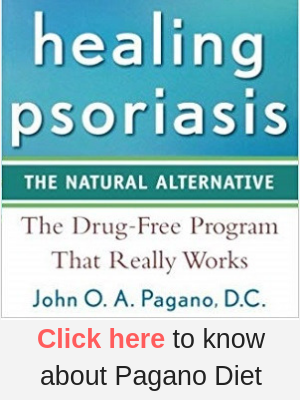
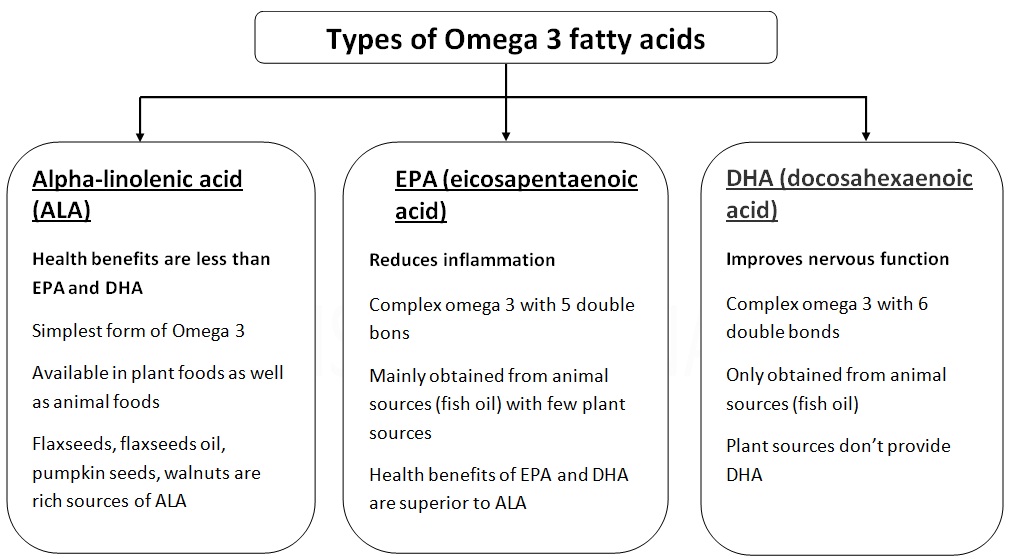

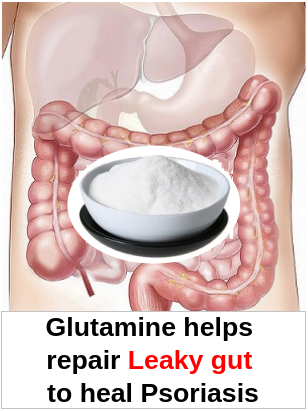
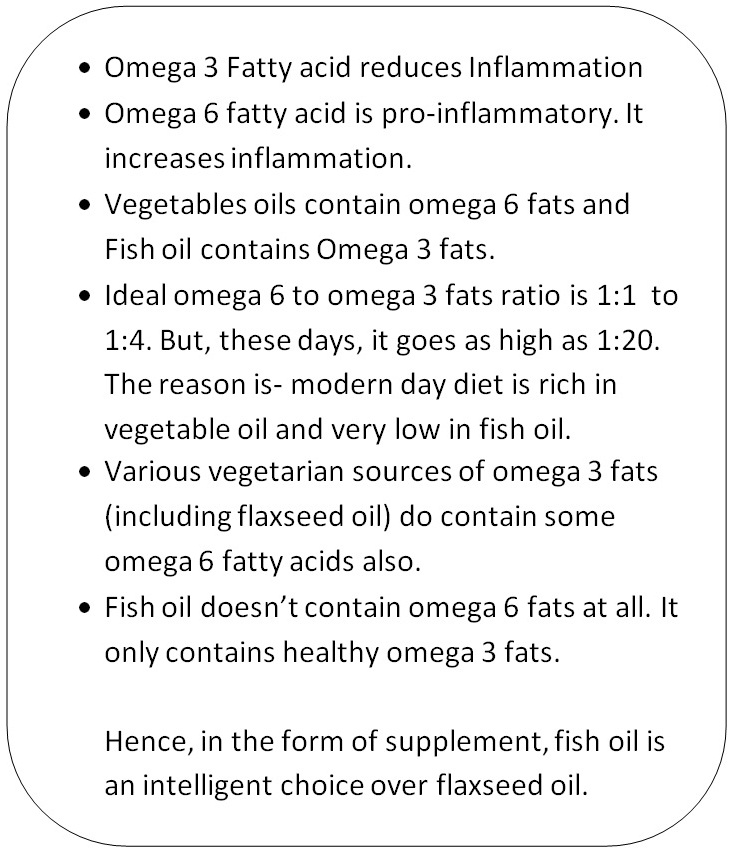
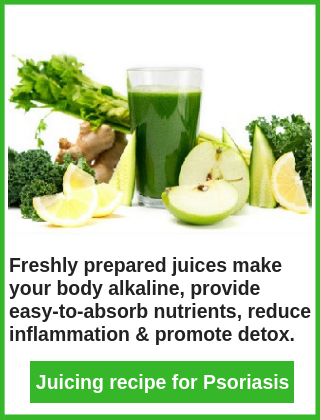
Useful information.
Thanx for sharing.